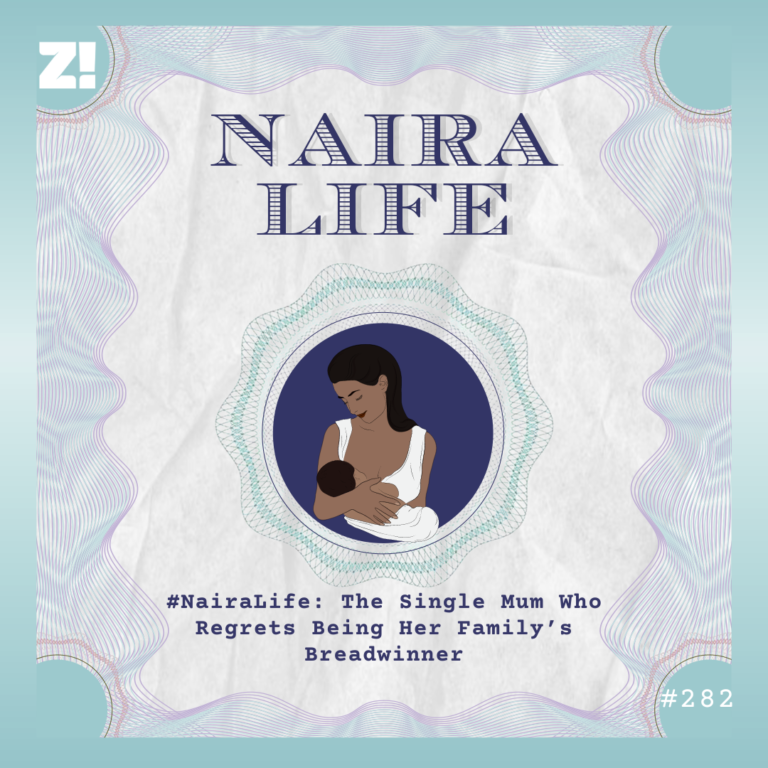Every week, Zikoko will share the hustle stories of Nigerians making it big in and out of the country. With each story, we’ll ask one crucial question in several ways: “How you do am?”
Deola Durodola’s hustle story gave us insight into a career path many don’t immediately consider: development in the non-profit sector.
What does a development specialist do? This Hustleprint guide explains it.

Image: Pexels
Who is a development specialist?
As the name implies, a development specialist is someone whose major objective is to ensure “development” for their organisation by securing funding, sponsorships, and generally increasing the brand’s awareness.
They do this by constantly seeking ways to push the business or organisation to profitability. If they work for a non-profit, their work is to generate funding by developing fundraising plans and actively seeking new partners, as well as maintaining donor relationships.
What do they do?
From the job role, it’s clear what they do. In simple terms, they actively chase money.
And by chase money, we mean they pursue every avenue to ensure the organisation reaches its revenue and development goals. A development specialist works with the internal team and various business partners to advance the objectives of the company they work with — from organising events, and identifying business/funding opportunities to managing donors and partners.
What kind of skills does a development specialist need?
An important skill needed for this career path is proactivity. A successful development specialist has to be a proactive, self-motivated individual who isn’t afraid to actively pursue and foster relationships with current and potential business partners.
A bit of strong head is necessary.
They’ll also need to be skilled in managing people and several projects at once effectively. Knowing how to talk a good game is also a plus. Remember, a major part of their job is to get people to open their wallets.
Where can they work?
Development specialists can work in the regular business and the non-profit sectors (including non-governmental organisations “NGOs”).
You may have heard of “Business Development Officers”. Those are also development specialists, and while they usually focus on sales and marketing, they’re ultimately responsible for identifying opportunities for business growth and development. The main focus is also bringing money in.
This also goes for development specialists in the non-profit sector. They might not be pursuing business profitability, but they also have to bring in money and opportunities through fundraising, training and donor management.
How do I become a development specialist?
There’s no specific course of study required for this career path. While a degree in business administration, social work and related marketing or public health degrees are nice to have (especially in the non-profit sector), most organisations want to make sure their development specialist can promote the brand image and leverage their network (and build new ones) to achieve the stated goals.
Like Deola, many development specialists in the non-profit sector start by volunteering with NGOs to get the required experience for subsequent roles. There are also opportunities to take up entry-level development officer roles.
How much money do they make?
Depending on the organisation and level of experience, a development specialist can make around ₦150,000 to ₦350,000 per month. Entry-level interns and volunteers may not make as much when they start, but consistency will give you a higher tendency to be retained as a full staff.
Is there a market for this career in Nigeria?
In a word, yes. Whether you choose to work in the non-profit sector or not, businesses will always seek ways to improve their brand awareness, network and revenue, so there will always be a need for development specialists. This is one job that might just be safe from Artificial Intelligence (AI).
NEXT READ: How to Secure Your Tech Bag as a Software Engineer





